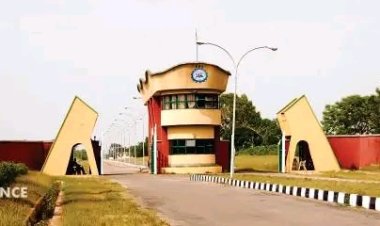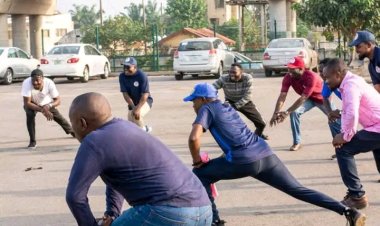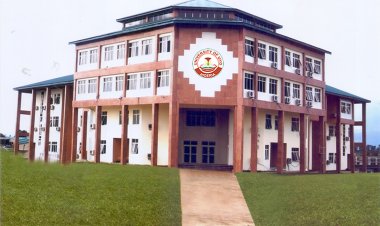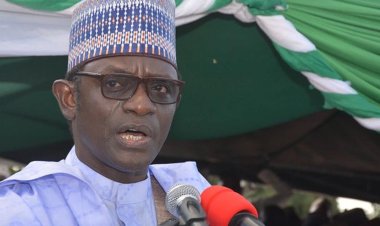Babcock VC Charge Journalists to Use Their Profession to Promote National Peace
Vice Chancellor of Babcock University, Ilishan Remo, Ogun State, Prof. Ademola Tayo, has charged media practitioners to prioritize promoting national peace and development while discharging their duties.
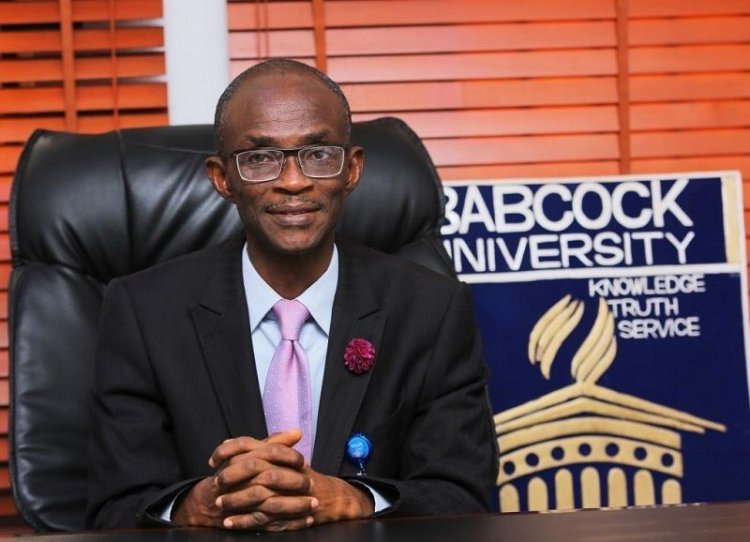
The Vice Chancellor of Babcock University, Ilishan Remo, Ogun State, Prof. Ademola Tayo, has charged media practitioners to prioritize promoting national peace and development while discharging their duties. He gave this charge on Saturday night during the annual media parley organised by the institution.
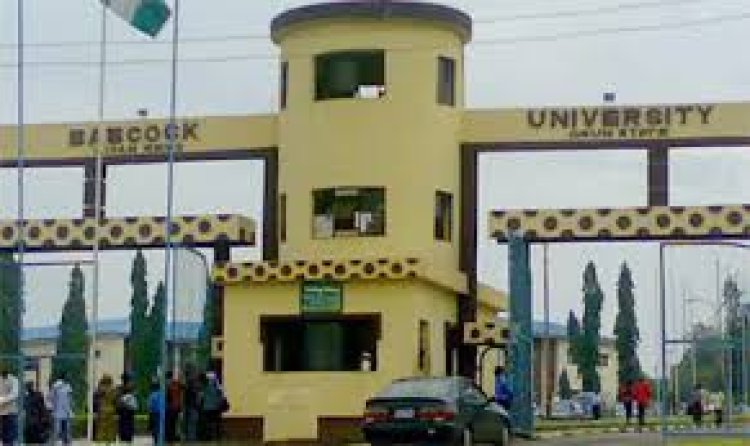
According to him, “With the privilege you have, comes also a great responsibility to the peace, unity, and development of our dear country. As journalists, you are all aware of the decisions you make; the stories you report, the pictures you paint, and the messages that are conveyed to your audiences. It is your responsibility to strive always to put the peace, unity, and development of our country first in your reporting. We must understand that your actions could have significant impacts on our country.
Read More: Babcock University Vice-Chancellor Calls for Innovative Funding in Higher Education
“You must realize that while you enjoy the freedom to express yourselves, you must also recognize the limits and ethics that guide your profession. You must be cautious not to fuel hate or incite violence with your reporting. It is your responsibility to promote understanding, bring about constructive dialogue, and ensure that the public has access to accurate and unbiased information.
“As a journalist, recognizing the limits and ethics that govern your profession is critical to ensuring that your reporting is accurate, unbiased, and responsible. Here are some ways you can identify the limits and ethics that guide your job.
“In the course of your reporting, you must familiarize yourself with these principles, which include truthfulness, objectivity, accuracy, fairness, and accountability. Various laws and guidelines provide legal frameworks to govern media practices. You have to always adhere to these laws and guidelines. This includes regulations governing issues such as defamation, invasion of privacy, and confidential sources, sensationalism and opinionated news reporting. Some news reporting do not always adhere to these principles, and we cannot promote healthy democracy, peace and unity through such reporting.
“I know that each news organisation has its house style, policies, and guidelines, which you must adhere to. Adhere to your news organization’s guidelines and policies: Ensure that you are fully informed about them and follow them in your reporting. But, any house style, or policies that does not promote democracy, truth, objectivity and balance reporting, surely will promote disunity and anarchy which is antithetical to what the citizens want.
“As journalists, you must avoid any situation that may lead to potential conflicts of interest. Be objective and transparent in your reporting and, where necessary, disclose any potential conflicts of interest to your audience. Seek feedback and guidance from peers and editors: Seek feedback from your colleagues and editors to help you identify areas where you may be violating ethical standards. This can help you identify and avoid ethical issues that you may have overlooked.
“For example, when the journalist gets so close to the politician or business mogul, to the extent that he is accused of promoting politicians or corporate business executives, the journalist should review the relationship. He has both moral and ethical commitment to that review. Journalists will not be at their best when they work together with politicians and business executives. That sort of camaraderie is certainly bad for democracy.
Related: Babcock University Emphasizes Moral and Spiritual Values for Academic Excellence
“It is important to remember that you are all working towards the same goal- a peaceful, prosperous, and united country. Your profession requires that you help in building bridges, promoting dialogue, and finding common ground. You must create a discourse that leads to national development and peaceful co-existence rather than division and acrimony.
“In conclusion, I urge you all to be mindful of the power that you hold in your hands as journalists. Use that power wisely, to promote peace, unity, and national development. Report the news with the aim of bringing people together rather than fanning the embers of discord. Together, let us build a better future for our beloved country.”
The Chairman of the Education Writers Association of Nigeria, EWAN, Mr Mojeed Alabi, in his remarks, noted that journalists know the importance of their calling and would not betray the confidence of the public in them, while commending the management of the university for the relationship, he added that EWAN members are conscious of the need to make positive impact on the society and would not compromise their stand.

 Nnenna Orji
Nnenna Orji 